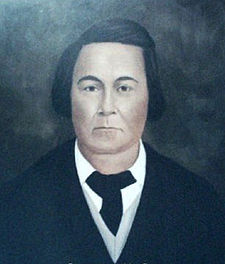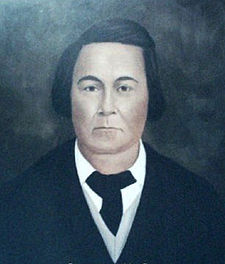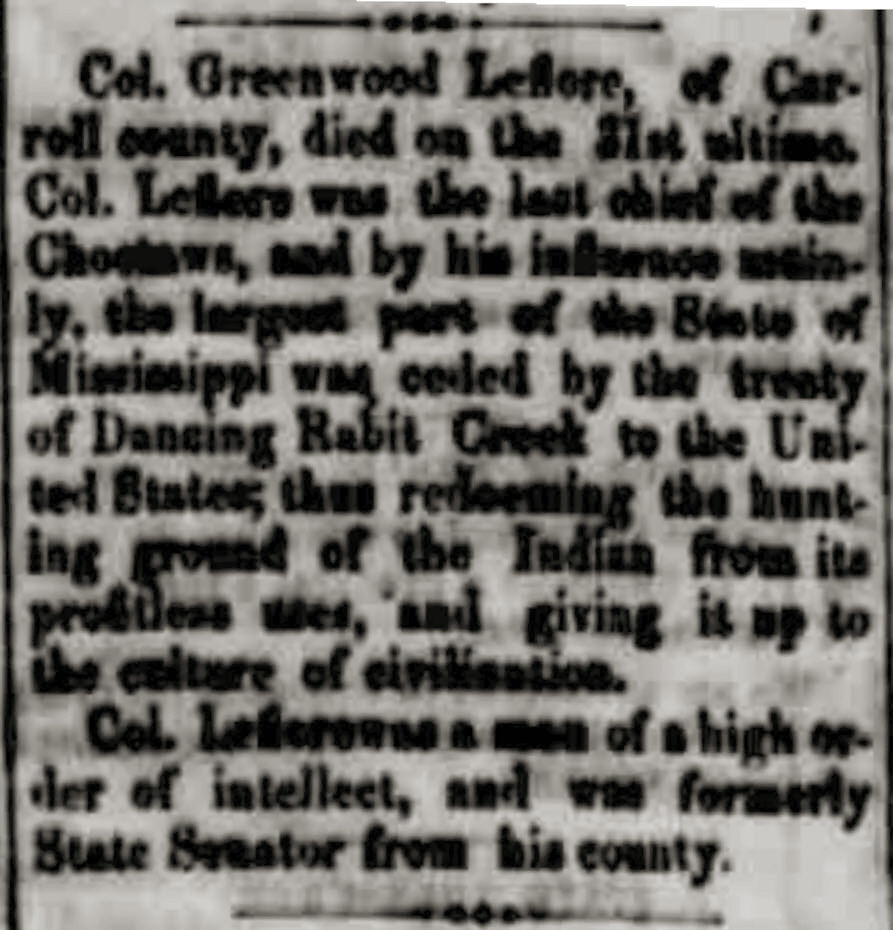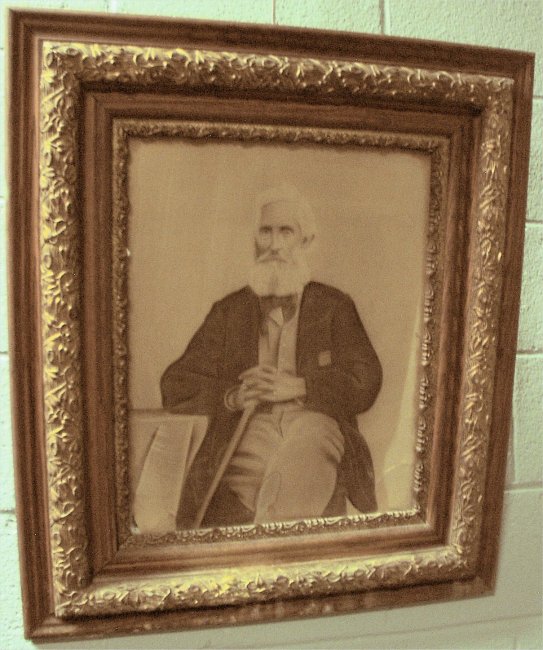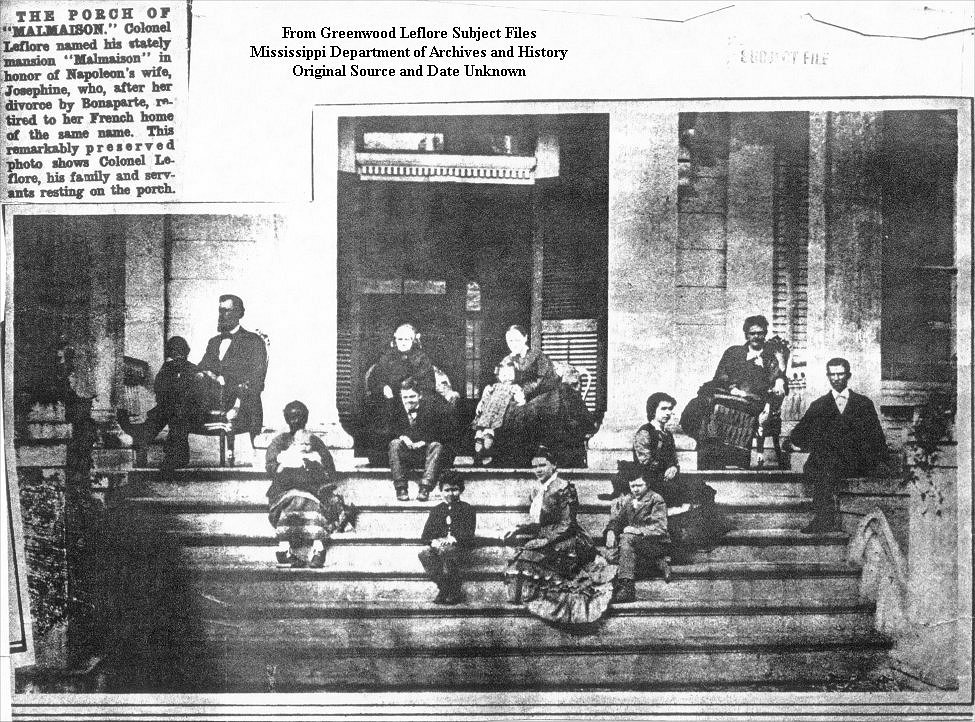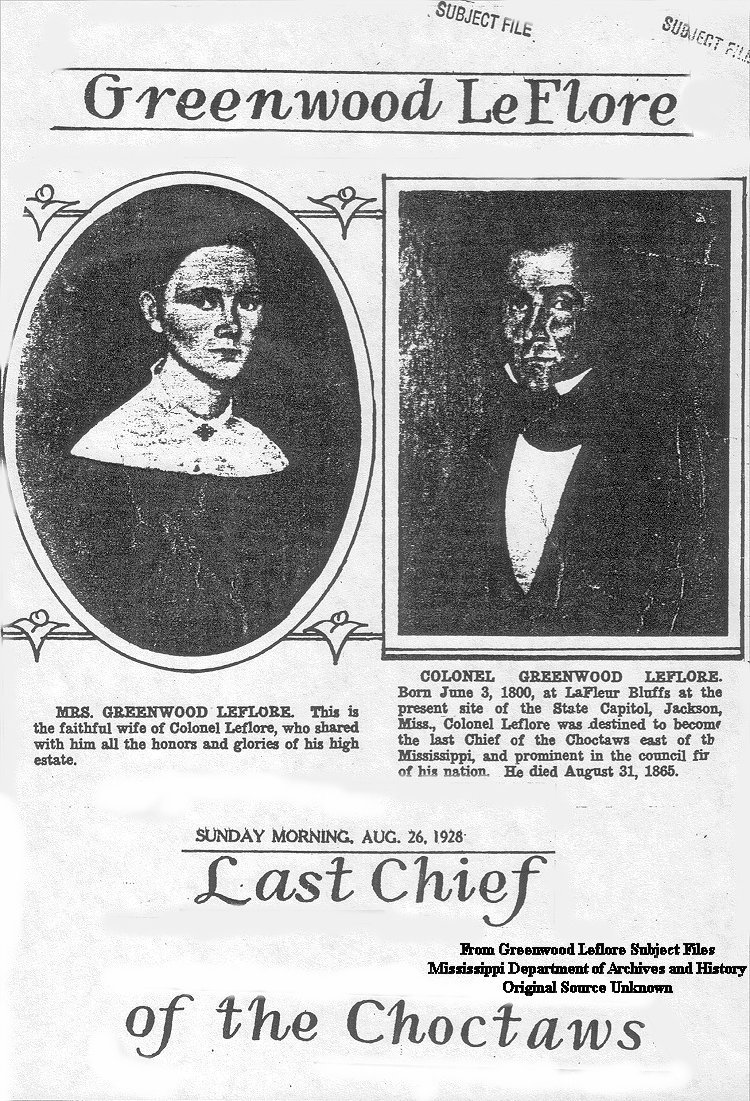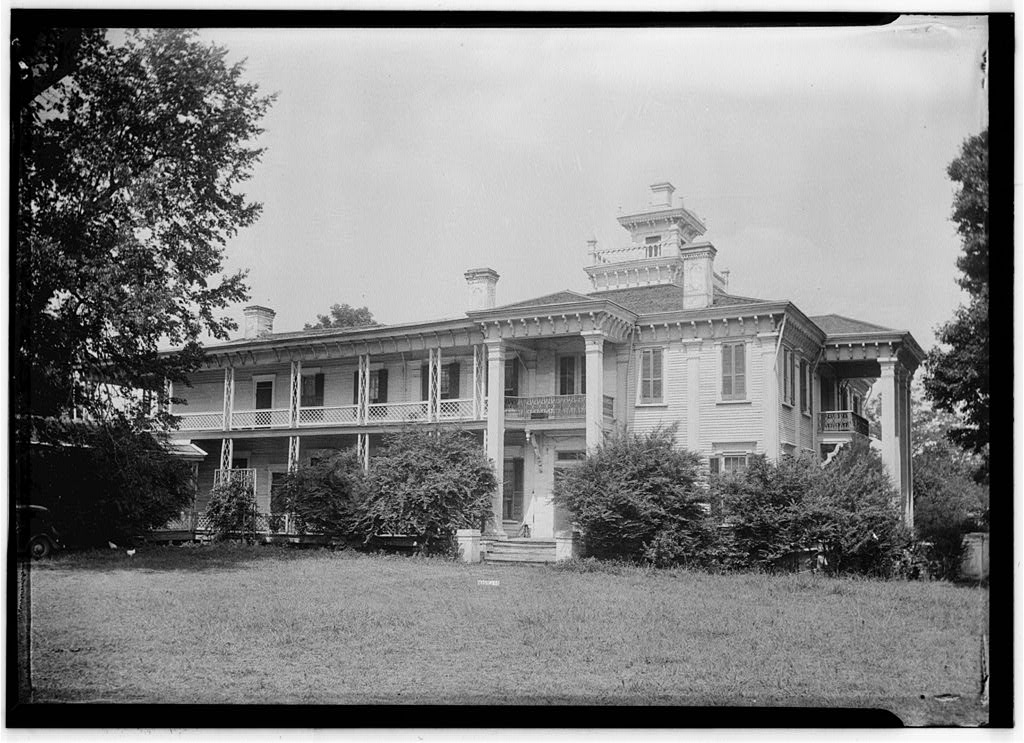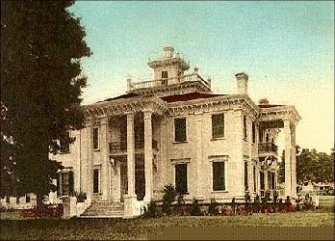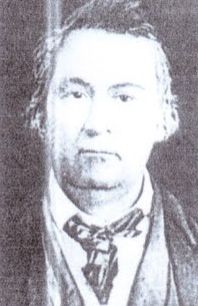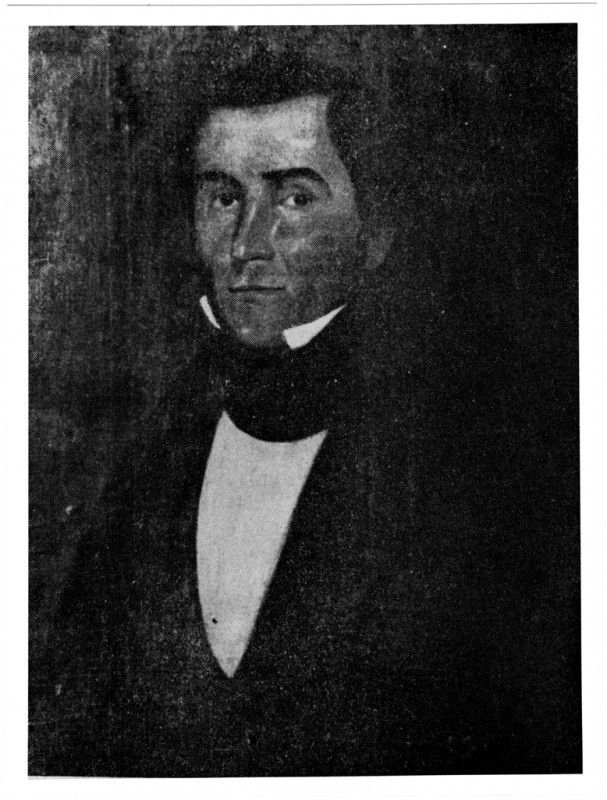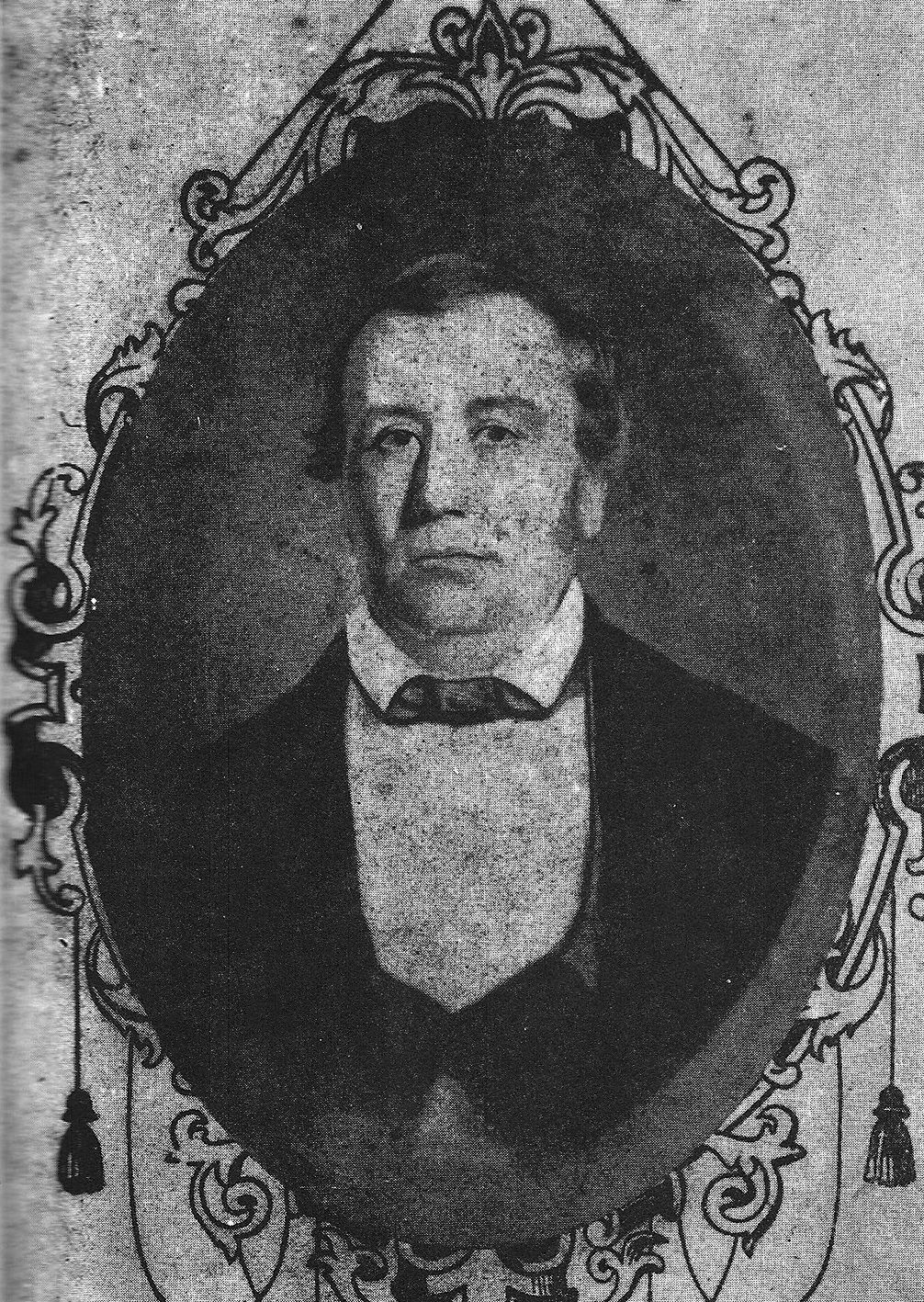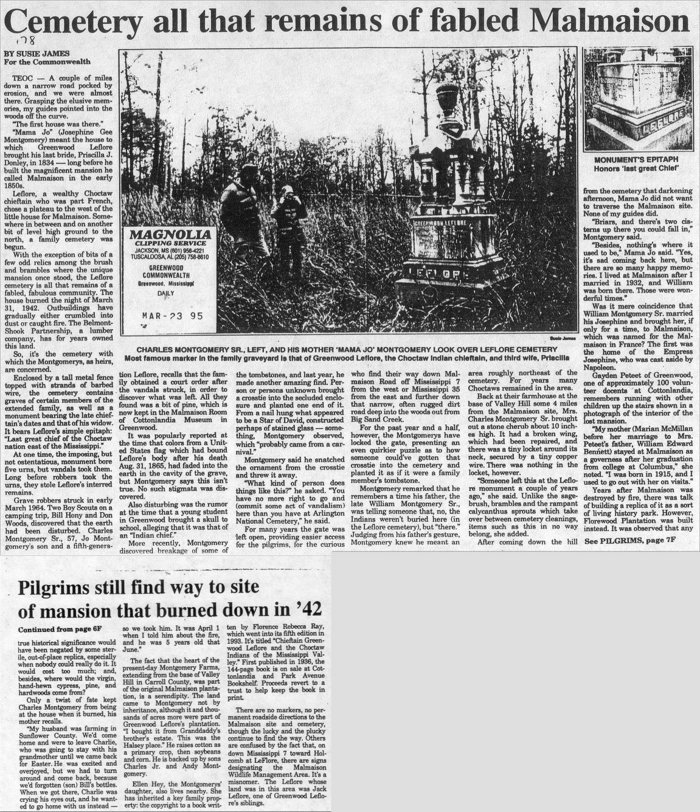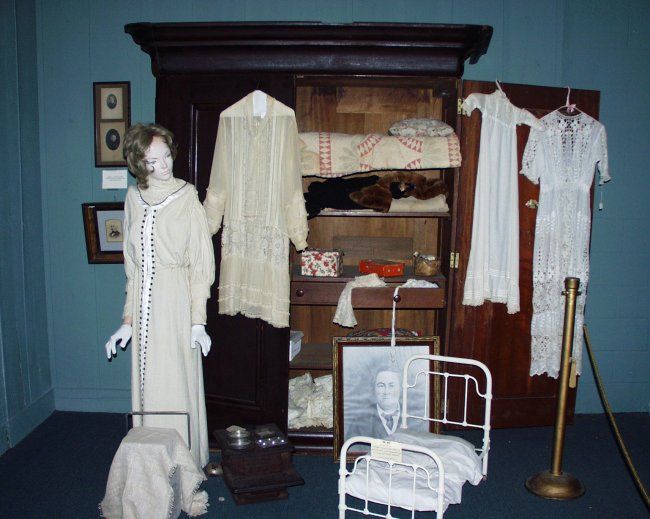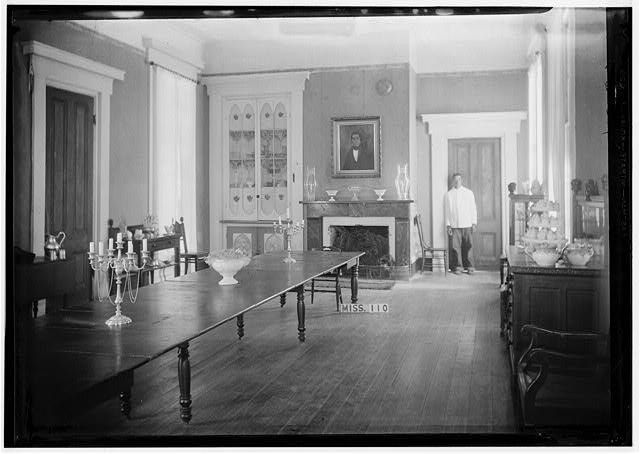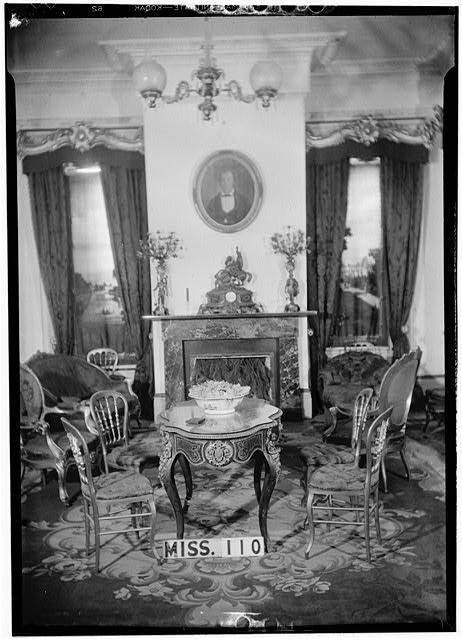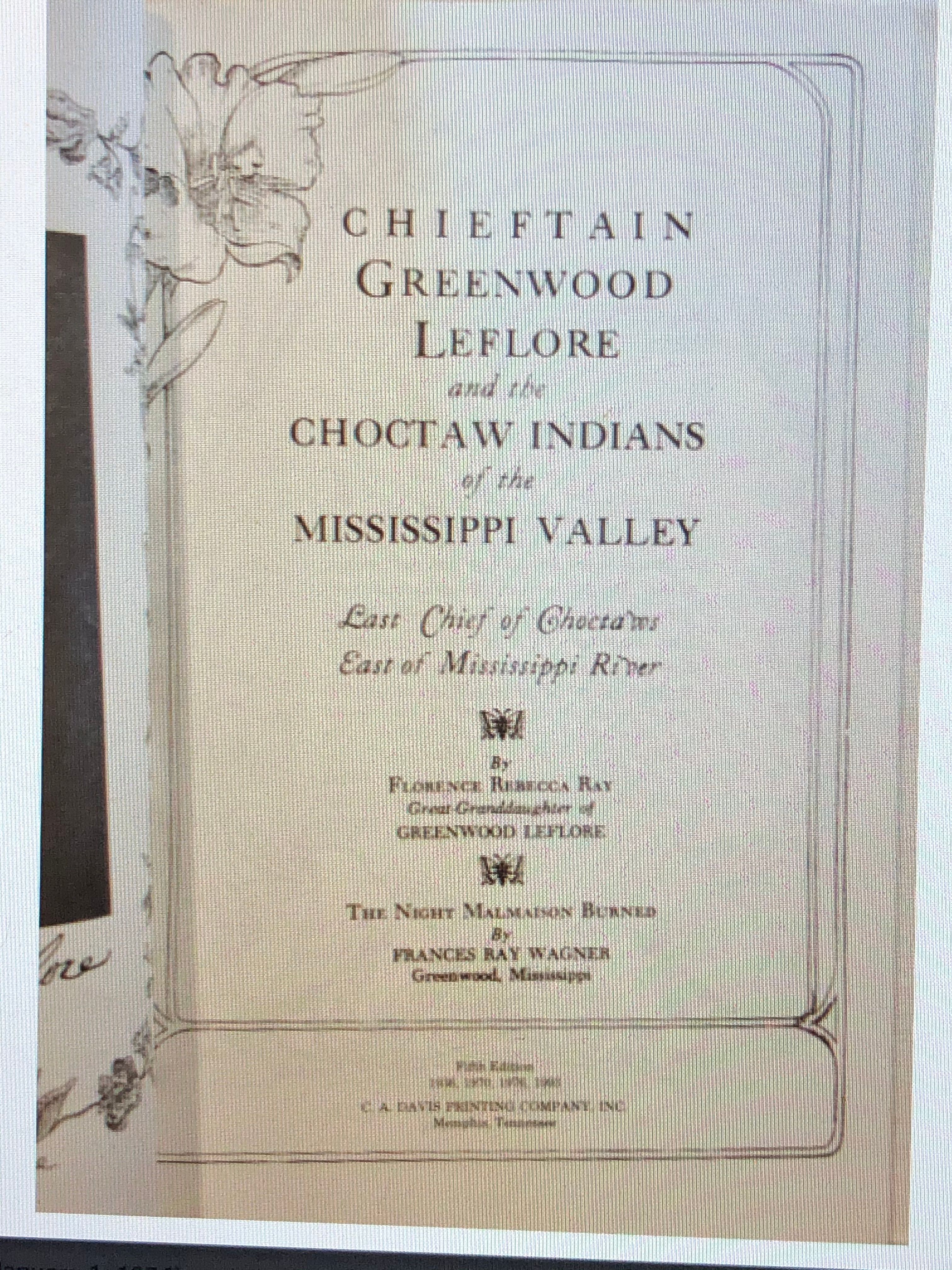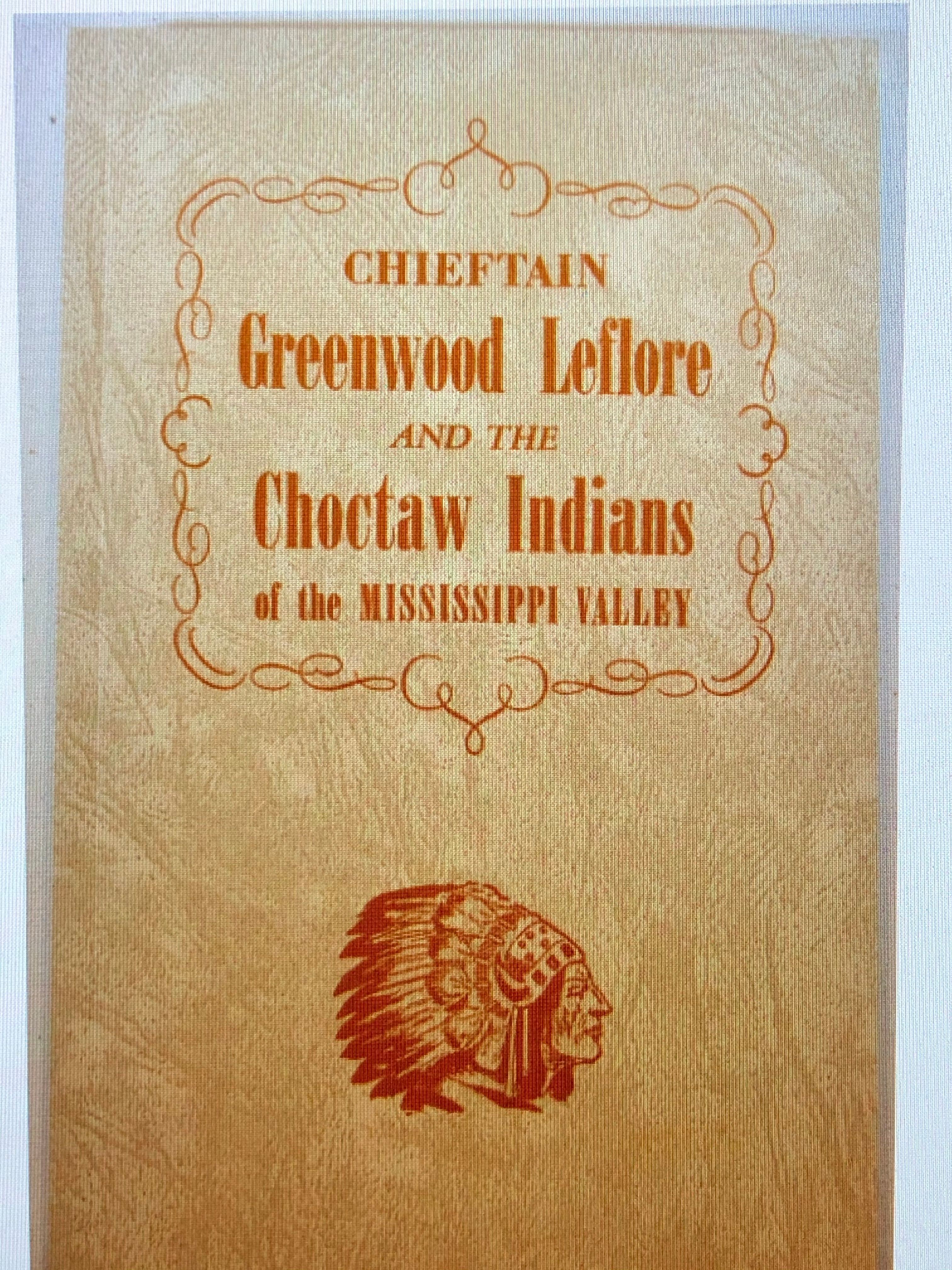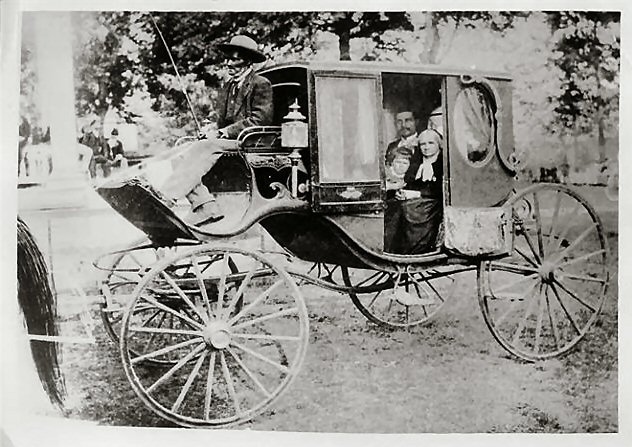His father was a trader, Louis LeFleur, and his mother, Rebecca Cravat, was a mixed blood Choctaw. He emerged as Chief of the Western District in 1826, and, through his growing influence, he was elected head Chief in 1830. He was an advocate of removal.
Before he took an active role in Choctaw affairs, he was educated for 6 years in Nashville through the support of Major John Donley, the father of his first and third wives.
LeFlore was one of the main supporters of the Choctaw Academy founded in Kentucky in 1825. He opposed additional land cessions, explored the Indian Territory in 1828, and became a Christian in 1829.
He and some of his followers challenged the traditionalists led by Mushulatubbee and Nitakechi over economic, religious, and political differences. Due to Andrew Jackson's removal policy and Mississippi's extension of state law threatening Choctaw sovereignty, the three district chiefs agreed to removal by the Treaty of Dancing Rabbit Creek in 1830.
Greenwood LeFlore was deposed as chief because he embraced removal, believing it would save the Choctaw nation. Even though he did not relocate, he claimed the ruins of Fort Towson as a trading post before its reoccupation by the U.S. Army.
He remained in Mississippi, became a wealthy planter and slave owner, and served in the Mississippi Senate from 1841-44.
FOR MORE ON GREENWOOD LEFLORE, CLICK HERE.
Additional children with Rosanah LeFlore:
Elizabeth Donly LeFlore (married to A. Halsey)
Contributor: Christina A (50585267)
His father was a trader, Louis LeFleur, and his mother, Rebecca Cravat, was a mixed blood Choctaw. He emerged as Chief of the Western District in 1826, and, through his growing influence, he was elected head Chief in 1830. He was an advocate of removal.
Before he took an active role in Choctaw affairs, he was educated for 6 years in Nashville through the support of Major John Donley, the father of his first and third wives.
LeFlore was one of the main supporters of the Choctaw Academy founded in Kentucky in 1825. He opposed additional land cessions, explored the Indian Territory in 1828, and became a Christian in 1829.
He and some of his followers challenged the traditionalists led by Mushulatubbee and Nitakechi over economic, religious, and political differences. Due to Andrew Jackson's removal policy and Mississippi's extension of state law threatening Choctaw sovereignty, the three district chiefs agreed to removal by the Treaty of Dancing Rabbit Creek in 1830.
Greenwood LeFlore was deposed as chief because he embraced removal, believing it would save the Choctaw nation. Even though he did not relocate, he claimed the ruins of Fort Towson as a trading post before its reoccupation by the U.S. Army.
He remained in Mississippi, became a wealthy planter and slave owner, and served in the Mississippi Senate from 1841-44.
FOR MORE ON GREENWOOD LEFLORE, CLICK HERE.
Additional children with Rosanah LeFlore:
Elizabeth Donly LeFlore (married to A. Halsey)
Contributor: Christina A (50585267)
Inscription
Last Great Chief of the Choctaw Indians East of the Mississippi River
